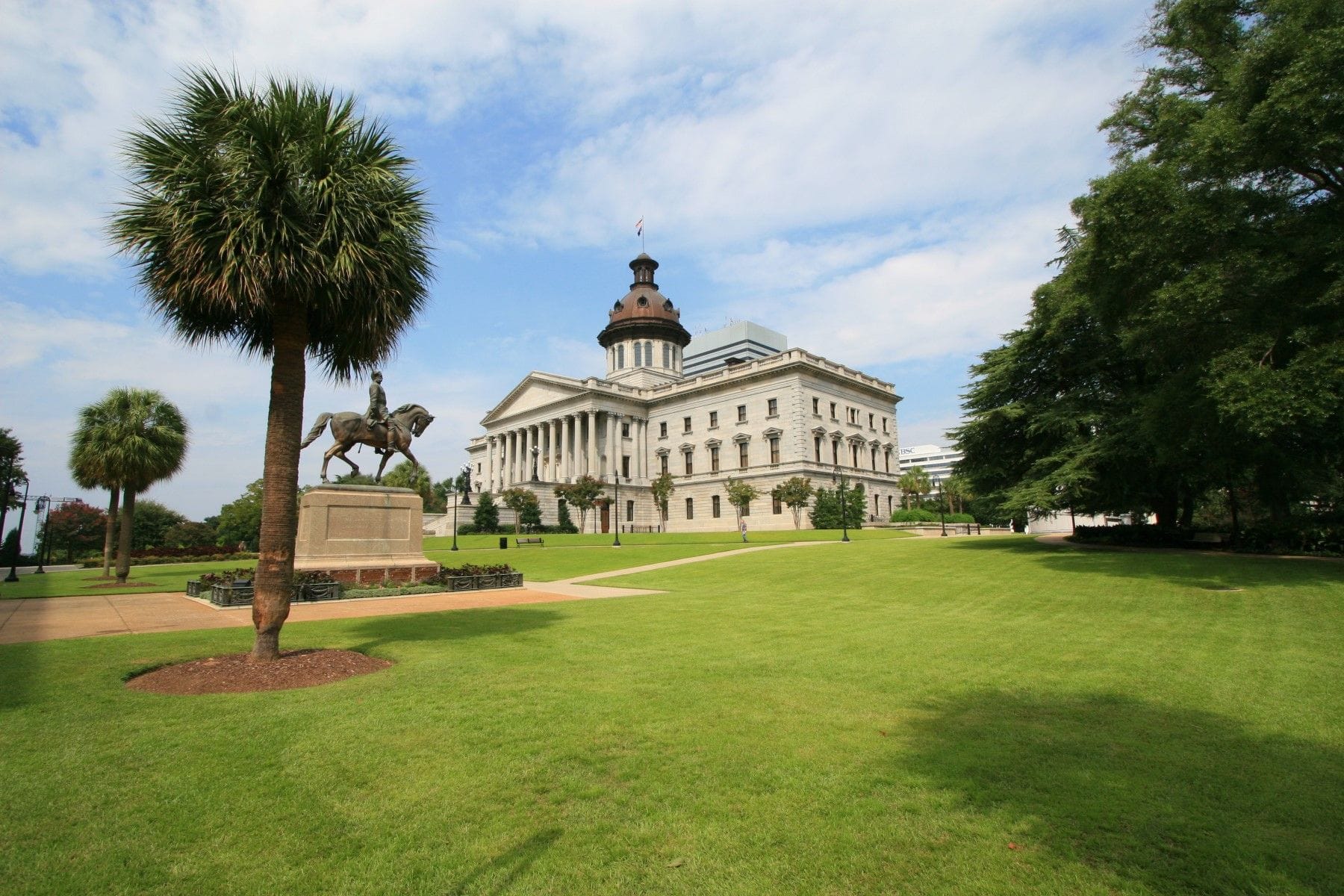Expert Witness Compensation Rules in South Carolina
South Carolina's rules on expert witness compensation blend statutes, procedural rules, and ethics, emphasizing fairness, transparency, and clear agreements.
Updated on
In this article
What Are the Rules Governing Expert Witness Compensation in South Carolina?
In South Carolina, compensation for expert witnesses is governed by a combination of state statutes, procedural rules, and ethical guidelines. Expert witnesses play a crucial role in the legal process by providing specialized knowledge that aids in the understanding of complex issues. Understanding the rules surrounding their compensation is essential for legal professionals who seek to engage expert witnesses appropriately.
Fee Provisions in South Carolina Rules of Civil Procedure
The South Carolina Rules of Civil Procedure do not explicitly detail expert witness fees but provide a framework for the discovery and use of expert testimony. Rule 26(b)(4)(C) outlines the conditions under which an expert witness's fees may be recovered. This rule indicates that the party seeking discovery must pay the expert a reasonable fee for time spent in responding to discovery requests, including depositions.
The term "reasonable" allows for some flexibility, and the court may intervene if a dispute arises over what constitutes a reasonable fee. The factors often considered include:
- The expert's field of expertise and reputation.
- The complexity of the issues in question.
- The time and effort required to prepare for the case.
Understanding South Carolina Code §15-27-150: Payment Guidelines for Expert Witnesses
South Carolina Code §15-27-150 provides specific guidelines for the payment of expert witnesses. This statute mandates that witnesses, including experts, are entitled to compensation for attending court proceedings. The statute specifies that expert witnesses may receive higher compensation than ordinary witnesses due to the specialized knowledge they provide.
The statute's provisions highlight:
- The necessity of compensating experts for both preparation and testimony time.
- Allowing for reimbursement of expenses incurred during the case preparation.
- Ensuring that compensation reflects the expert's qualifications and contribution to the case.
Understanding this statute is essential for attorneys to ensure compliance and avoid disputes over fees.
Ethics Opinions and Bar Guidelines on Expert Witness Compensation in South Carolina
Ethics opinions from the South Carolina Bar provide further guidance on expert witness compensation. These opinions emphasize the importance of transparency and fairness in fee arrangements between attorneys and experts. Key considerations include:
- Avoiding contingent fee arrangements that could influence the expert's objectivity.
- Ensuring that compensation agreements are documented in writing, clearly specifying the terms and conditions.
- Adhering to ethical standards that maintain the integrity of the judicial process.
The South Carolina Bar's opinions underscore the ethical obligations that attorneys must consider when engaging expert witnesses, ensuring that compensation does not compromise the expert's impartiality.
Practical Tips for Structuring Expert Witness Fee Agreements in South Carolina
When engaging expert witnesses in South Carolina, it is crucial to structure fee agreements thoughtfully to ensure clarity, compliance, and fairness. Here are some practical tips to consider when drafting these agreements:
- Define the Scope of Work: Clearly outline the expert's responsibilities, including the types of services they will provide (e.g., consultation, report writing, testimony).
- Establish Fee Structure: Specify the compensation rate (hourly, flat fee, or retainer) and detail how fees will be calculated for different activities (e.g., preparation time, deposition, trial testimony).
- Document Expenses: Include provisions for reimbursable expenses and clarify what types of expenses will be covered (e.g., travel, materials, research expenses).
- Payment Schedule: Set a timeline for payments, including any upfront retainer fees and milestones for additional payments based on work completed.
- Written Agreement: Ensure that all terms are documented in a written contract that both parties sign, reducing the likelihood of misunderstandings or disputes.
- Transparency in [Communication](https://www.expertinstitute.com/resources/insights/best-practices-for-communicating-with-your-expert-witness/): Maintain open communication regarding fees and expenses throughout the engagement to foster trust and mitigate potential conflicts.
- Review Ethical Guidelines: Familiarize yourself with the South Carolina Bar's ethical opinions to ensure compliance with professional standards regarding expert compensation.
By following these tips, legal professionals can create a solid foundation for expert witness fee agreements that support the integrity of the legal process while adequately compensating the experts for their valuable contributions.


